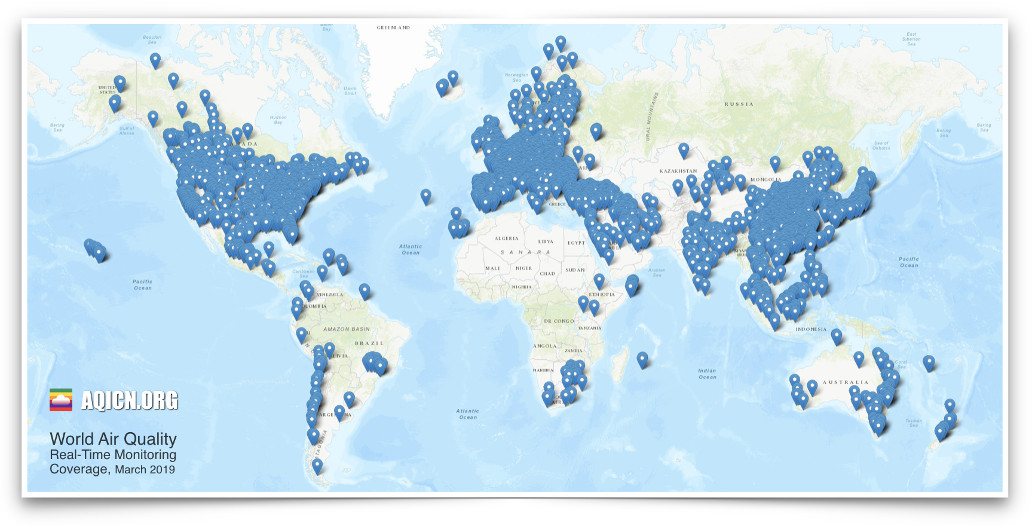
Il progetto World Air Quality Index è un progetto senza scopo di lucro avviato nel 2007. La sua missione è promuovere la consapevolezza dell'inquinamento atmosferico tra i cittadini e fornire informazioni unificate e a livello mondiale sulla qualità dell'aria.
Il progetto fornisce informazioni trasparenti sulla qualità dell’aria per più di 130 paesi, coprendo più di 250.000 stazioni di monitoraggio della qualità dell’aria in 2.000 grandi città, tramite questi due siti web: aqicn.org e waqi.info .
Il team fondatore è composto da diversi collaboratori nel campo delle scienze ambientali, dell'ingegneria dei sistemi, della scienza dei dati e del design visivo. Il team si è espanso in tutto il mondo, con nuovi sostenitori chiave provenienti da Cina, Singapore, India, Australia, Stati Uniti.
Il progetto ha un intento sociale. Eppure, nonostante la sua vasta portata, non ha mai ricevuto alcun finanziamento pubblico. Le nostre entrate, essenzialmente derivanti dalla pubblicità online e dalle nostre stazioni di monitoraggio della qualità dell'aria GAIA , vengono utilizzate per coprire l'infrastruttura cloud e i costi di hosting.
Il progetto è costantemente alla ricerca del supporto di più contributori.
Ora ha ricevuto contributi attivi da più di 16179 cittadini di 138 paesi


